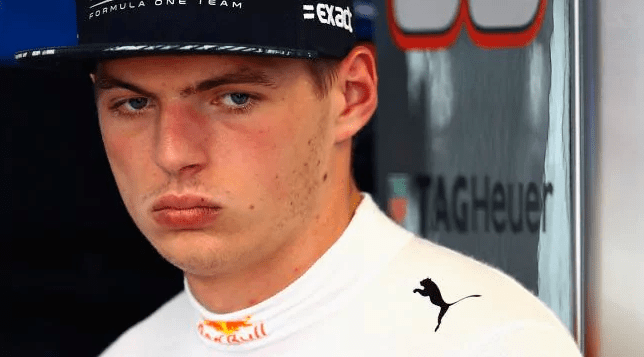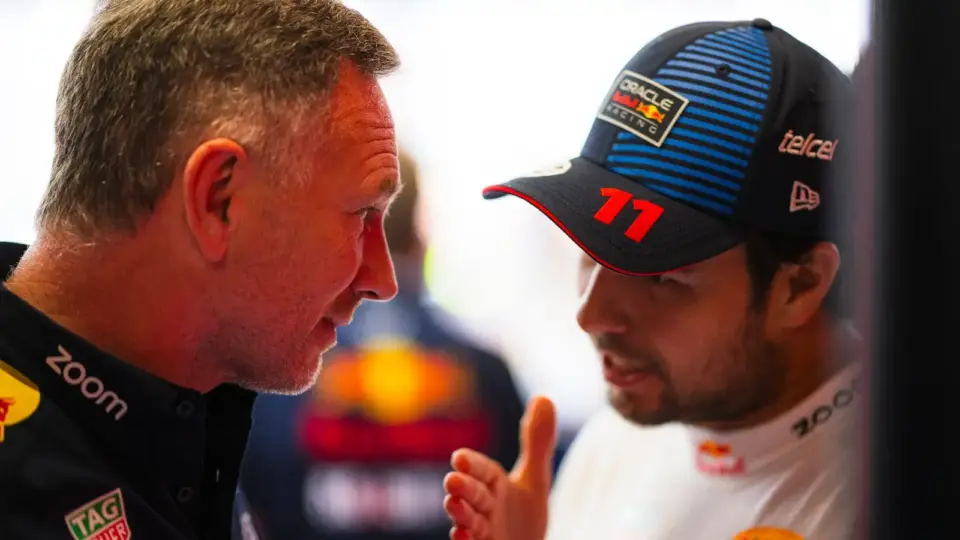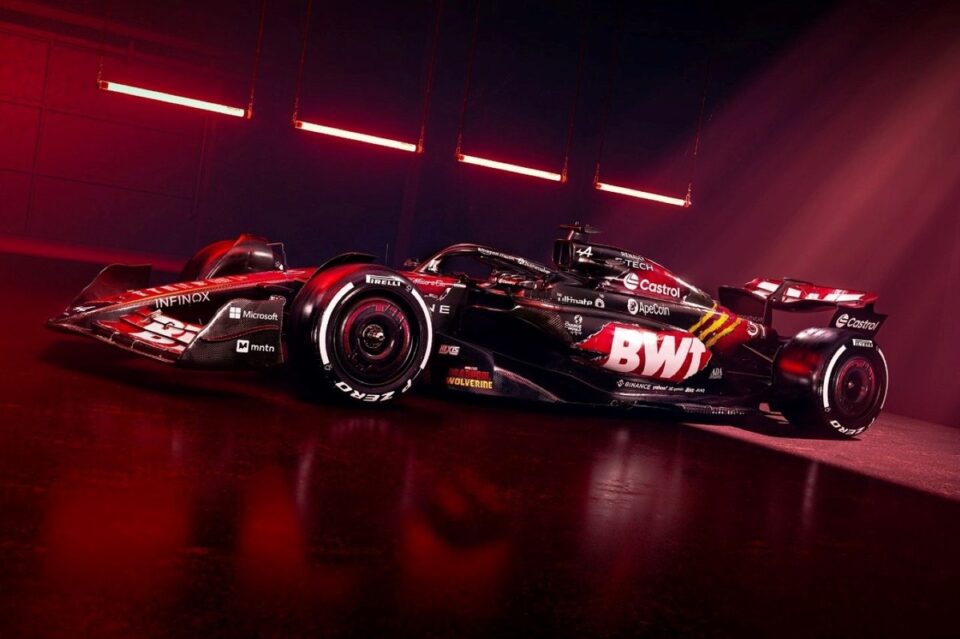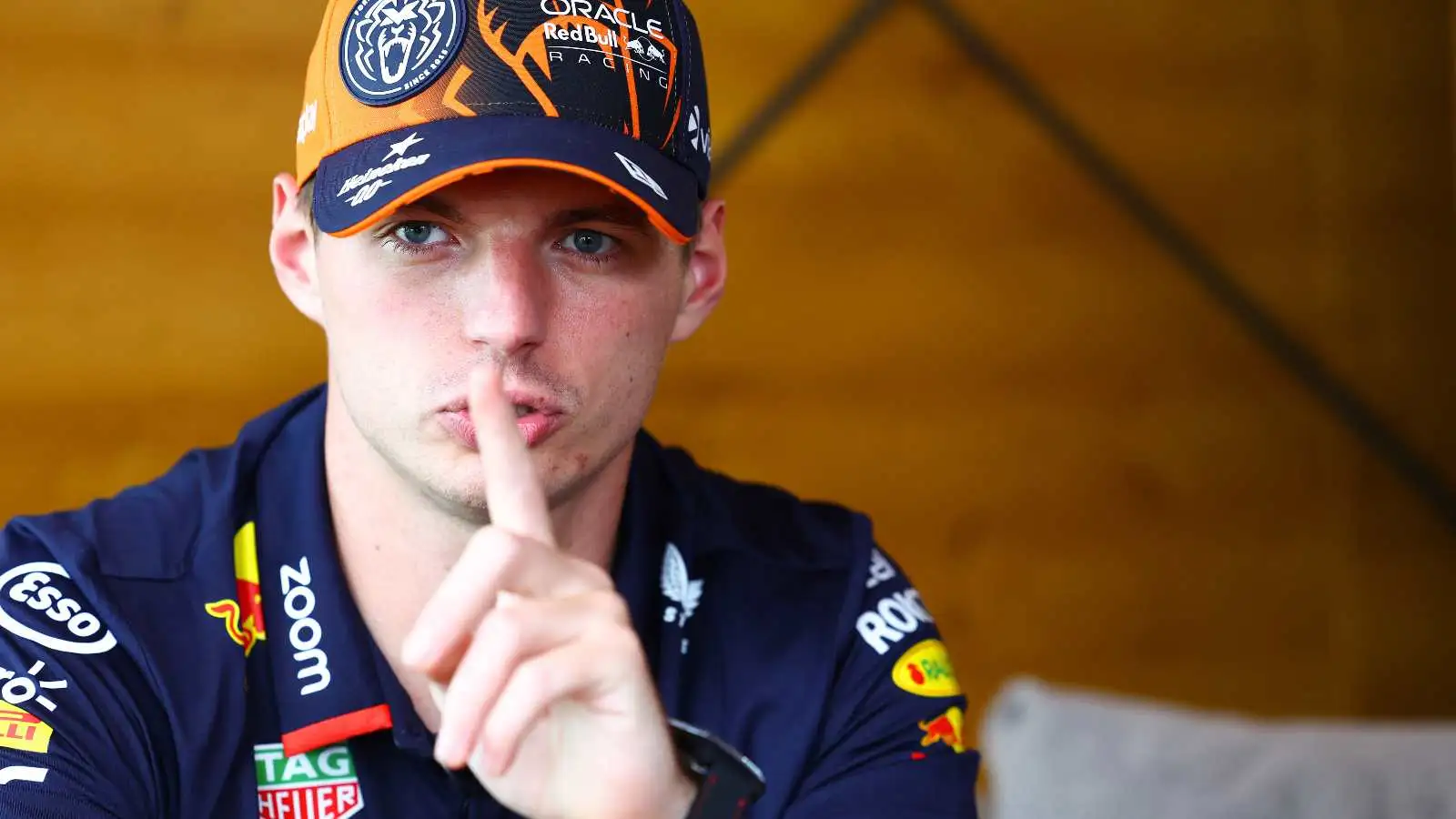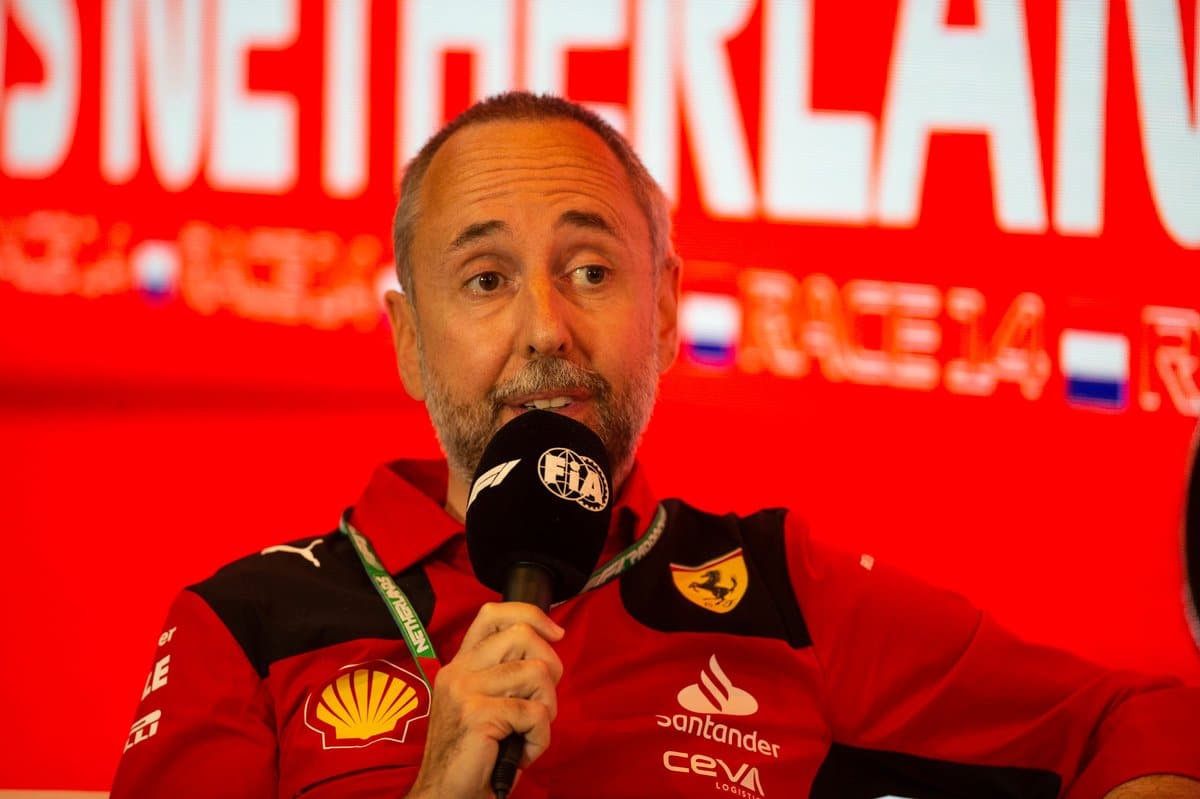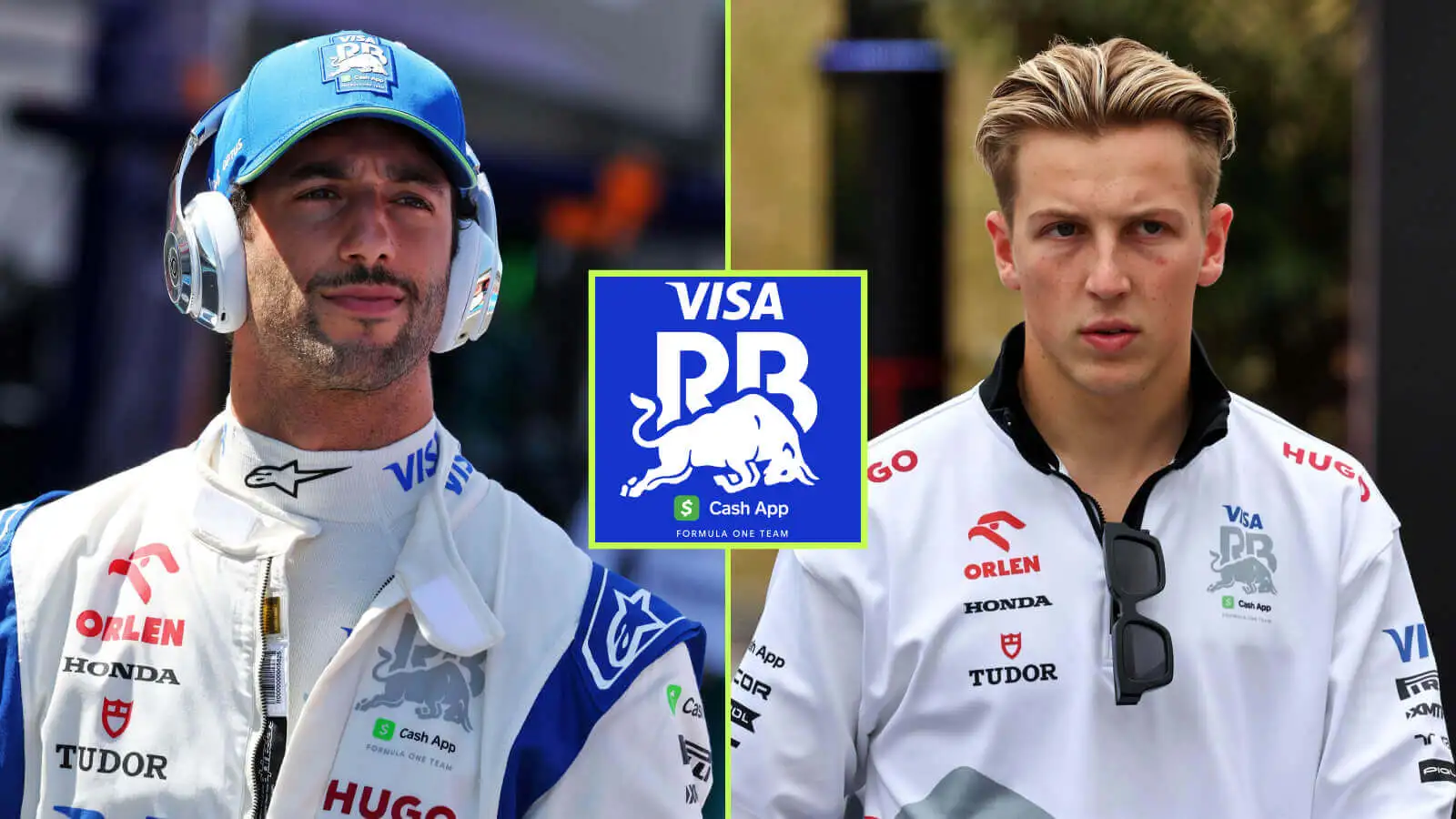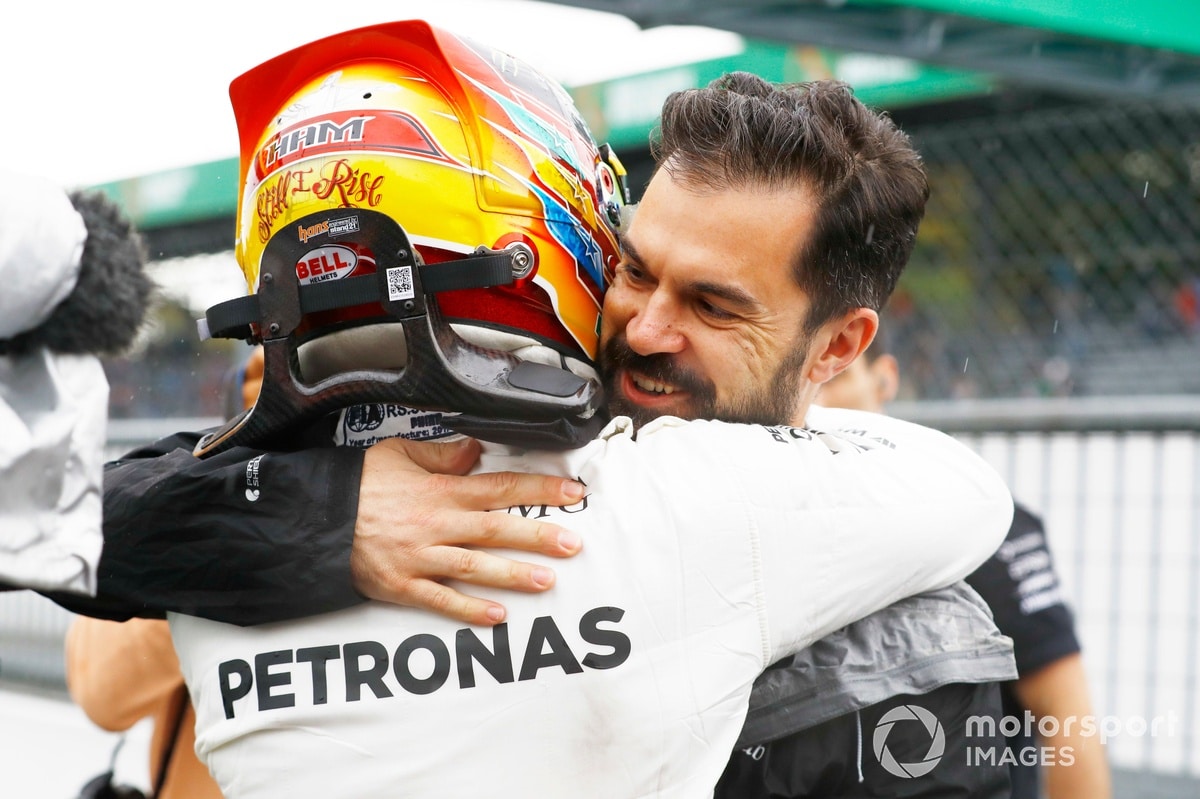Max Verstappen, the reigning Formula One World Champion, found himself in the spotlight during the 2024 Hungarian Grand Prix. Rumors swirled that his less-than-happy demeanor was due to his late-night sim racing sessions, initially dismissed by Red Bull’s Helmut Marko but later confirmed as a contributing factor to Max’s mood.
Max Verstappen recently made the decision to skip late-night sim racing ahead of a Grand Prix, adding weight to internal team discussions about his pre-race activities. A resurfaced clip of his race engineer, Gianpiero Lambiase, highlighted the engineer’s greatest fear: Verstappen’s frustration boiling over on team radio if they stopped winning. Despite Red Bull’s dominance, Verstappen has been known to express his feelings freely to Lambiase.
During the Hungarian Grand Prix, Verstappen’s frustration was evident, and Lambiase seemed just as exasperated. The tension echoed a conversation from earlier in the season on Red Bull’s podcast, where Lambiase voiced his concerns about increased competition. Verstappen, however, insisted they had been through such seasons before and would cope, emphasizing their mutual respect despite their intense exchanges.
Verstappen admitted that their fiery radio conversations resulted from adrenaline and a shared desire for excellence. Respect, he noted, is crucial in their professional relationship. Lambiase’s seemingly light-hearted comment about their dynamic hinted at deeper concerns. Verstappen’s acceptance of a late-night sim racing ban further supports these concerns, reflecting ongoing internal team discussions.
Helmut Marko revealed that Verstappen’s late-night sim racing during the Hungarian Grand Prix weekend happened because another driver dropped out. Despite this, Marko and the team agreed that Verstappen should avoid late-night simulations in the future. Christian Horner, Red Bull’s team principal, expressed confidence in Verstappen’s judgment but admitted that any discussions about improvements would stay internal.
The new team policy now limits Verstappen’s virtual racing activities at F1 venues. Marko defended Verstappen by citing the 2024 Emilia Romagna Grand Prix, where Verstappen stayed up until three in the morning sim racing but still won the race. Marko insisted Verstappen’s unique sleep rhythm allowed him to perform well despite late nights.
Verstappen’s involvement in sim racing predates his F1 career. He races for the Redline team and has had significant success, including winning the 24 Hours of the Nürburgring Nordschleife. The recent controversy, however, underscores the delicate balance between virtual and real-world racing. Teams must now navigate their drivers’ passions while ensuring peak performance on race day.
Recent developments in the Red Bull camp suggest a shift towards prioritizing rest and recovery for Verstappen. As sim racing gains prominence, teams must balance nurturing their drivers’ other interests with optimizing their physical performances. This means Verstappen will need to adjust his sim racing habits to maintain his top-tier performance in F1.
Max Verstappen’s recent experiences highlight the evolving dynamics of professional motorsport, where the lines between digital and physical racing blur. The new restrictions on his late-night sim racing sessions mark a shift in priorities, emphasizing rest and recovery for optimal performance. As F1 continues to navigate these changes, Verstappen’s story serves as a testament to the complex balance required to excel in both virtual and real racing worlds.
